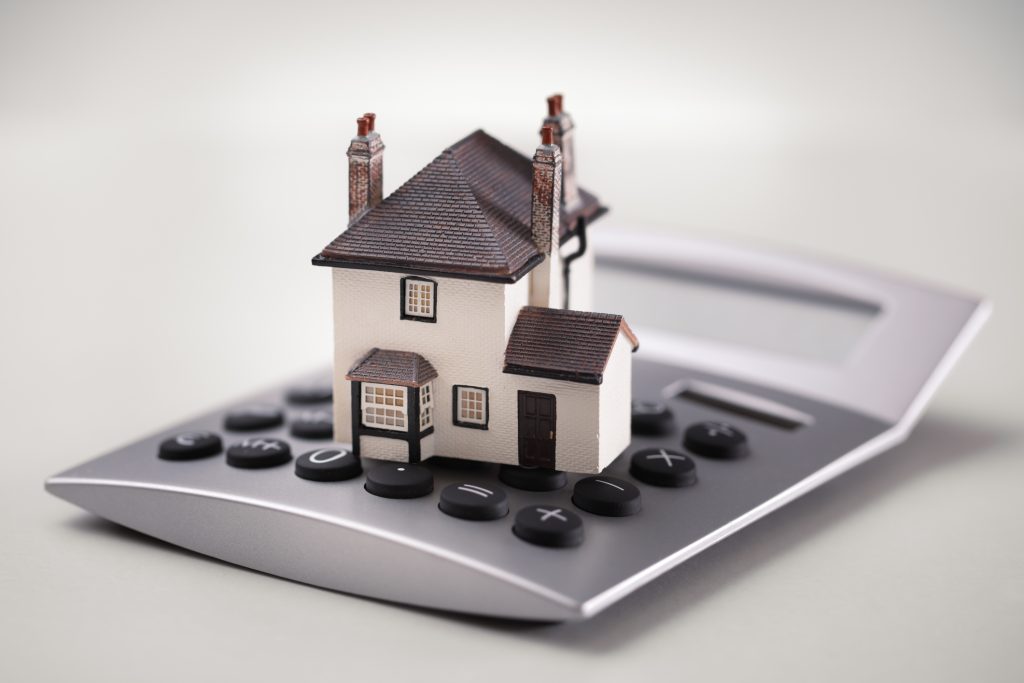If you can’t pay your mortgage and take no action, chances are good that you are going to lose your home. Default on a mortgage invariably leads to foreclosure in Virginia. However, foreclosure is usually the very worst possible alternative. Whenever possible, it is far better to consider other options, including arranging a short sale.

What is Foreclosure in Virginia?
Foreclosure occurs when a mortgage lender takes your home due to lack of payment. Mortgages are secured debt, with the house acting as collateral. This means that nonpayment of the mortgage loan can result in the lender taking and selling the home to repay the balance. If you do not pay your mortgage, your bank can sell your home at auction. Your lender will keep the proceeds to pay off the loan balance, fees and costs associated with the foreclosure. Foreclosure in Virginia is swift and unforgiving.
What is a short sale in Virginia?
A short sale occurs when you sell your home for less than the total outstanding balance that is due on your mortgage loan. A short sale is an alternative to having your home foreclosed upon. Instead of the lender taking and trying to sell the house, you try to sell the house yourself. If the home is worth less than you owe, a buyer is going to make an offer below the remaining balance on the mortgage loan. Normally, you wouldn’t be able to accept the offer unless you had enough money to make up the difference and pay what you owe. You couldn’t take the offer because the bank wouldn’t accept the lower payment and release the loan.
With a short sale, you get the lender to agree to accept the offered amount of money as full satisfaction of the debt. For example, if you owe $210,000 but the home is worth $200,000 and you get an offer for $200,000, then the bank would agree to accept the $200,000 payment as full payment on the loan. You wouldn’t owe the remaining $10,000 to the lender anymore. (Although you might owe taxes on this forgiven debt in some cases.)
Benefits of short sale vs. foreclosure in Virginia
Whenever possible, it is usually best to sell your home in a short sale rather than to have the house foreclosed on. Foreclosure is much more damaging to your credit score than a short sale is. Further, a bank could come after you for more money in some states if the sale of the house doesn’t generate enough to repay the loan in full. For example, if the bank was only able to sell your house for $210,000 and you owed $220,000, then the bank could pursue a claim to recover the additional $10,000 from you. This would be called a deficiency judgment and if a bank does seek a deficiency judgment after a foreclosure, you could find yourself with wages garnished, a lien on other property and a big bill to pay.
With a short sale, you mitigate the serious damage to your credit and can protect yourself from a potential deficiency judgment. You also avoid a public foreclosure auction of your home and may be able to leave more on your own terms and in your own time. Of course, it can be hard to get the bank to agree to a short sale, so you’ll still want to consider getting legal help to guide you through the process.
Short sales are voluntary
Sometimes lenders do not want to accept less than what is owed for a property. In that case, you may need to stop the foreclosure and repay the arrearage through a Chapter 13 bankruptcy. Call us to discuss your options.
